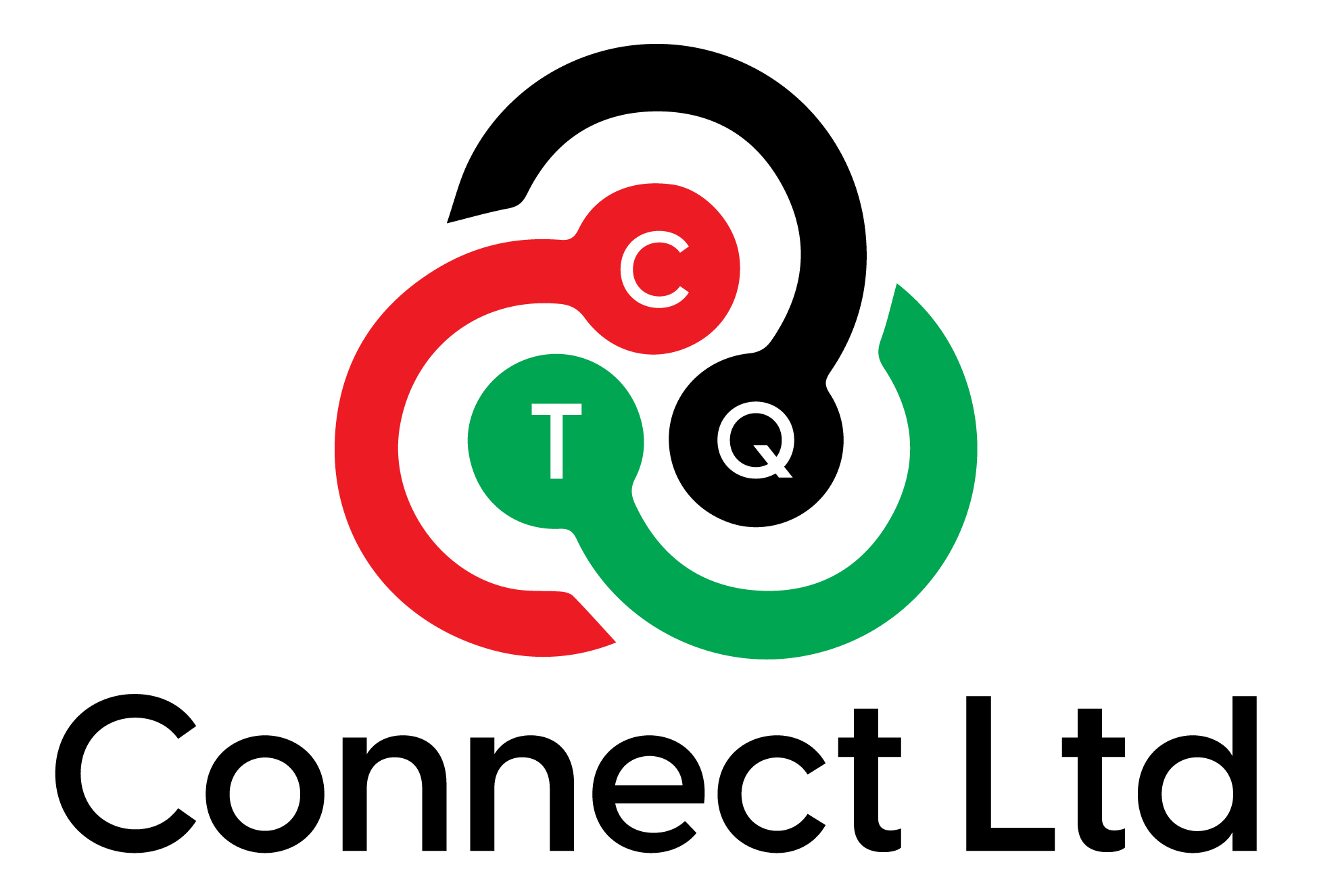We live in a digitally driven world, where cyberattacks and data breaches have become the most common challenges for organizations; protecting your private information is now a priority more than ever! It is an essential requirement of every business. Data security and compliance deliver the double advantage of keeping the business’s assets safe from cyber threats and ensuring that your organizations meet regulatory requirements. Robust data security and compliance help build trust with business partners, employees, and clients.
Let’s discuss some best practices to protect sensitive information with data security and compliance that helps you stay a step ahead of evolving digital threats!
Before diving into the major practices, let’s understand the basics. So, why does data security and compliance matter?
Data security shields digital data from unsanctioned access, corruption, or theft during its development. Meanwhile, compliance comprises subsequent related standards, regulations, and rules to manage the data correctly. Although data security is a practical measure, compliance certifies that business organizations meet industry standards, protecting them from legal consequences and reputational damage.
Ensure Conducting Regular Security Audits and Risk Assessments
A security audit assesses technical and practical aspects, from network structure to employee assessments. These audits let you assess the possibility and effect of likely threats and support you in prioritizing the resources for security needs. By frequently evaluating possible vulnerabilities, you can find and alleviate frail points before they can be subjugated. These security audits and risk assessment practices are the organization’s safety measures.
Keep Implementing Robust Access Controls
Consider adopting multi-factor authentication (MFA) to implement active access control, which adds a layer of security beyond passwords. Limiting access is a crucial principle in data security. Not every employee needs to have access to every piece of data. Creating position-based access can control the use of the necessary skills for their job functions. This method, also known as the code of least privilege, reduces the risk of unlicensed, intended, or unintended access.
Train and Educate Employees on Security Practices
Employees are always easier targets when it comes to cyber-attacks. However, they can learn how to be defensive by conducting proper training. Training focused on safe browsing practices, password management, and phishing scams can encourage your staff to act as the keepers of information security.
To evaluate staff members’ reactions to possible dangers, think about putting simulated phishing exercises. Employees are less vulnerable to exploitation when they know how to spot dubious emails, links, and downloads.
Encrypt Private Information
Encryption is the best approach to ensuring that any secured data or information is protected against unauthorized access. Encryption assures only those with the decryption key can unlock the relevant data whenever data is converted into an enclosed form. This approach is crucial for organizations with confidential data or any information that needs extra protection, like customers’ financial data.
Keep Updating Your Systems and Software
Updating the software and systems is the most common basic yet often overlooked data security process. Cybercriminals usually hack systems by analyzing flaws in outdated software. Keeping the most recent versions of your company’s operating systems, apps, and security software will help you cover known susceptibilities and protect your business.
Back-Up Data Regularly
Backups are important if the data is lost due to hardware failure, natural disasters, or cyberattacks. A planned backup strategy includes making copies of the data and safely storing them in different locations. Cloud-based backups are prevalent for their scalability, convenience, and security. They provide an extra layer of protection against any physical damage to hardware.
Develop and Implement a Data Protection Policy
A data protection policy defines the roles or measures surrounding the proper collection, usage, storage, and safeguarding of data carried out by an organization. It must comprise data acquisition, archive, retrieval, and distribution rules.
While formulating a policy, the IT and compliance departments must be involved, especially because they address technical and legal issues, respectively. It should also include how the organization conducts incident reporting and what communication measures will be taken in the unfortunate event of a data breach.
Ensure Compliance with Industry Regulations
There are significant differences in adherence to different degrees depending on the industry and the data your enterprise deals with. For instance, if the healthcare providers are operating, they must comply with the HIPAA regulations. Again, any business dealing with European Union residents’ data must follow the GDPR standards. Learn what regulations apply to your line of business and ensure that your activities comply with those regulations concerning data.
If you need help with certain regulatory requirements, you can contact a professional attorney or compliance officer at CTQ Connect.
Monitor Systems for Unusual Activity
Monitoring enables a tactical early identification and proactive planning for security threats. Having intrusion detection systems (IDS) or security information and event management (SIEM) helps you know when something is wrong in case of a breach.
Conclusion:
Protecting your business information is a constant commitment that needs a combination of security measures, regulatory compliance, and employee training. Working with CTQ Connect means partnering with trusted experts who are dedicated to boosting your business’s operational efficiency and resilience. With our decades of experience across various industries, we are uniquely positioned to guide you in implementing tailored solutions—from Enterprise Resource Planning (ERP) to comprehensive Disaster Recovery and Succession Planning. At CTQ Connect, we aim to help you empower your business with custom planning that optimizes operations, boosts productivity, and supports growth every step of the way. Let CTQ Connect be the source you trust to direct the complexities of modern business management, making sure your business is ready to thrive in an ever-evolving world.


